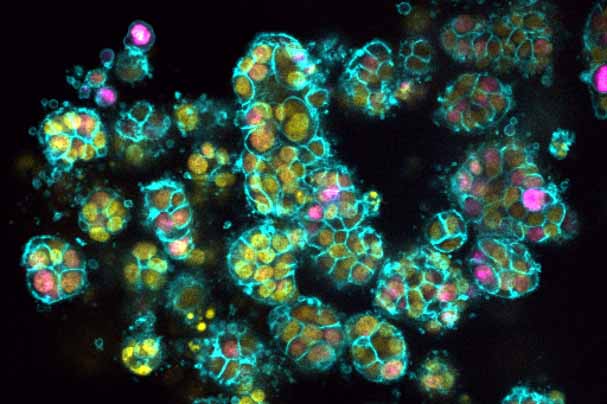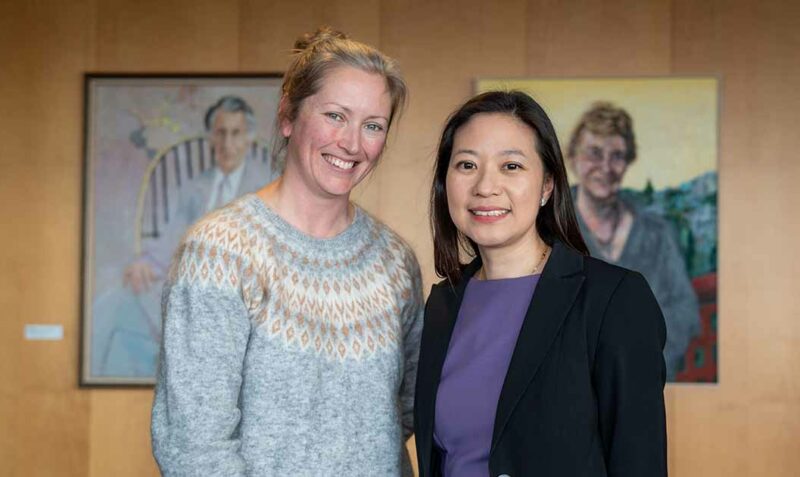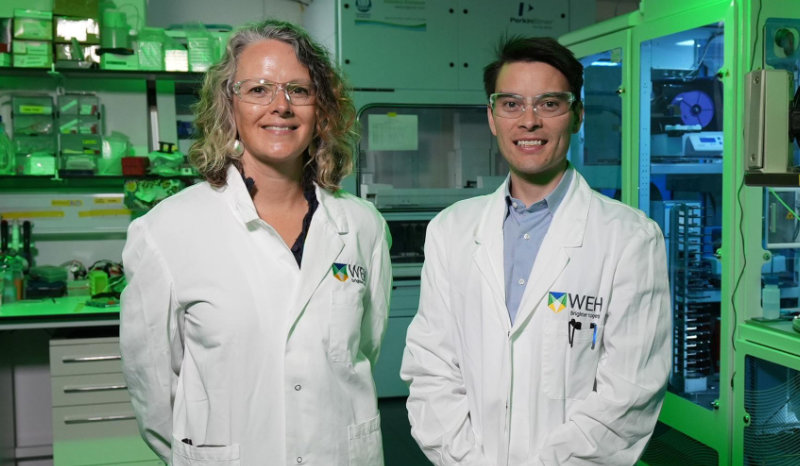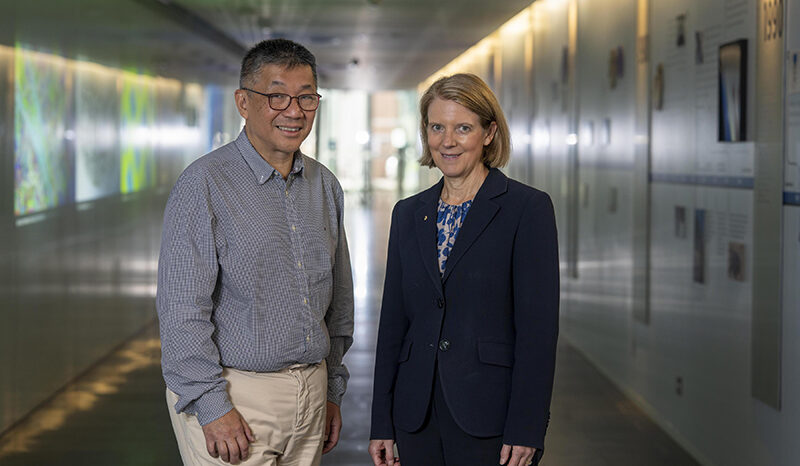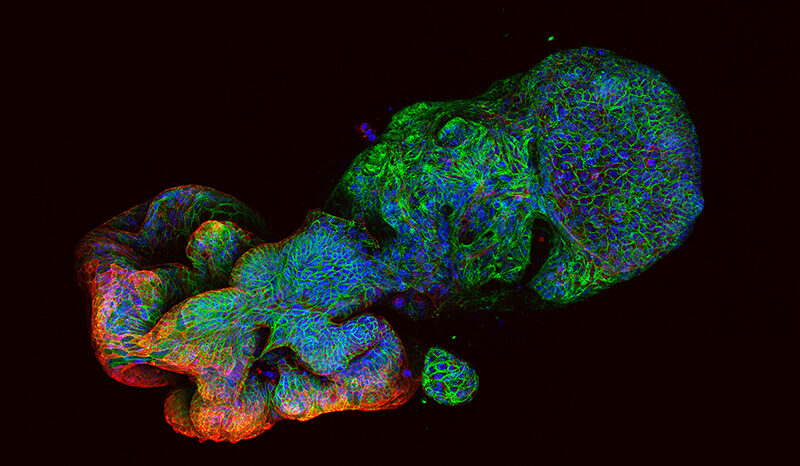Pancreatic cancer is projected to be the fourth biggest cancer killer in Australia this year, with 3600 people predicted to die from the disease.
It is often diagnosed late due to a lack of specific symptoms in the early stages of the disease, meaning most patients are diagnosed once the cancer has grown and has already begun to affect nearby organs.
Project lead Dr Belinda Lee said the new grant would help the team translate their findings into a diagnostic test, potentially improving the lives of hundreds of thousands of people in Australia and around the world.
“There are no early detection biomarkers for pancreatic cancer and this needs to urgently change,” Dr Lee, a consultant medical oncologist at WEHI, said.
“We have identified 13 proteins that could distinguish between the early and late stages of pancreatic ductal adenocarcinoma (PDAC) – the most common type of pancreatic cancer that’s fast-becoming the cancer of our generation.
“While the 5-year survival rate of most other cancers has improved, the incidence and death rate from PDAC is rising – and it’s projected to become the second leading cause of cancer-related death by 2030.
“Even with a diagnosis, there are no biomarkers that can guide clinical decisions for pancreatic cancer, meaning clinicians have limited opportunities to ensure the right, and best, treatment for their patients.
“We hope to validate these proteins and show that they can be used to reliably screen for early pancreatic cancer.
“This would allow us to create the first diagnostic test to identify patients who have early stages of pancreatic cancer – something that unfortunately does not exist at the moment.”




